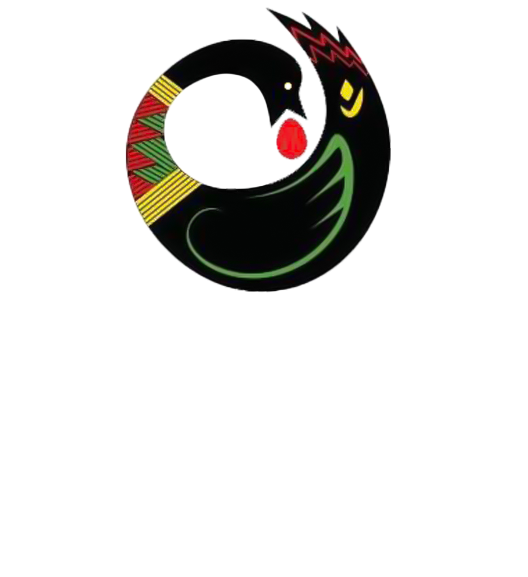International Reparation Debate Competition
Overview of Competition
The International Reparation Debate Competition (IRDC), hosted by the Centre for Reparation Research (CRR) at the University of the West Indies (UWI),
is a groundbreaking regional initiative that brings together secondary schools from across the Caribbean and the United Kingdom.
This competition challenges young leaders to engage critically with one of the most important movements of our time: the call for reparatory justice.
Through research, teamwork and competitive debate, students have the opportunity to strengthen their academic, communication and leadership skills while contributing to a global competition.
Why Reparations?
Reparatory justice is about addressing the historical injustices of slavery, native genocide, and colonial exploitation, while confronting their ongoing legacies in today's societies.
The CARICOM 10-Point Plan for Reparatory Justice is one of the guiding frameworks for the competition. Students are invited to reflect on issues of repair, responsibility, resistance,
and reform as they craft arguments for and against motions.
Competition Format
Debate Format: The debate will be in the style of a parliamentary debate. The two teams (i.e. Political Parties), will take turns to speak for or against the motion:
SEGMENT
SPEAKER
DURATION
Opening Speech
Prime Minister
5 Minutes
First Opposition Speech
Opposition Leader
5 Minutes
Cross Examination 1
Opposition ↔ Government
3 Minutes
Second Government Speech
Deputy Prime Minister
5 Minutes
Second Opposition Speech
Deputy Opposition Leader
5 Minutes
Cross Examination 2
Opposition ↔ Government
3 Minutes
Third Government Speech
Government Member
5 Minutes
Third Opposition Speech
Opposition Member
5 Minutes
Government Collective Reply
Government Team Entirety
6 Minutes
Opposition Collective Reply
Opposition Team Entirety
6 Minutes
Who Can Enter: Secondary school students (teams of five) with two teacher-coaches.
Structure:
Preliminary rounds: Online (virtual debates)
Semi-finals: Regional qualifiers
Grand Final: Face-to-face in Kingston, Jamaica
Judging: Panels of academics, educators, and public figures with expertise in history, law, education, and reparatory justice.
Motions: Drawn from themes around history, economics, law, education, and the arts in the context of reparations.
Why Participate?
- Gain public speaking debating skills.
- Deepen your knowledge of history and contemporary issues.
- Engage directly with regional leaders, activists, and academics.
- Represent your school and nation on the global stage.
- Be part of a movement for justice that spans generations and border.







